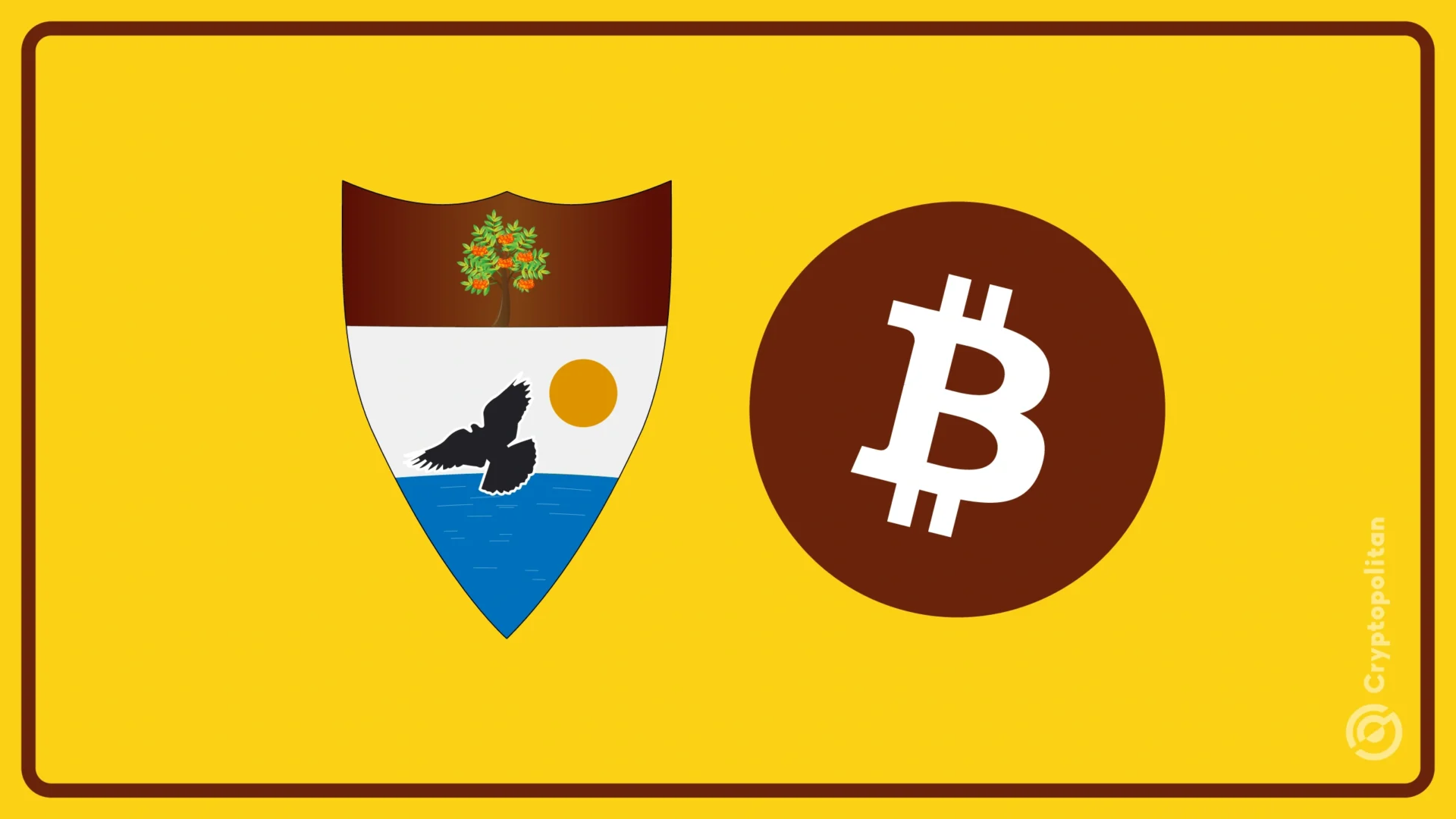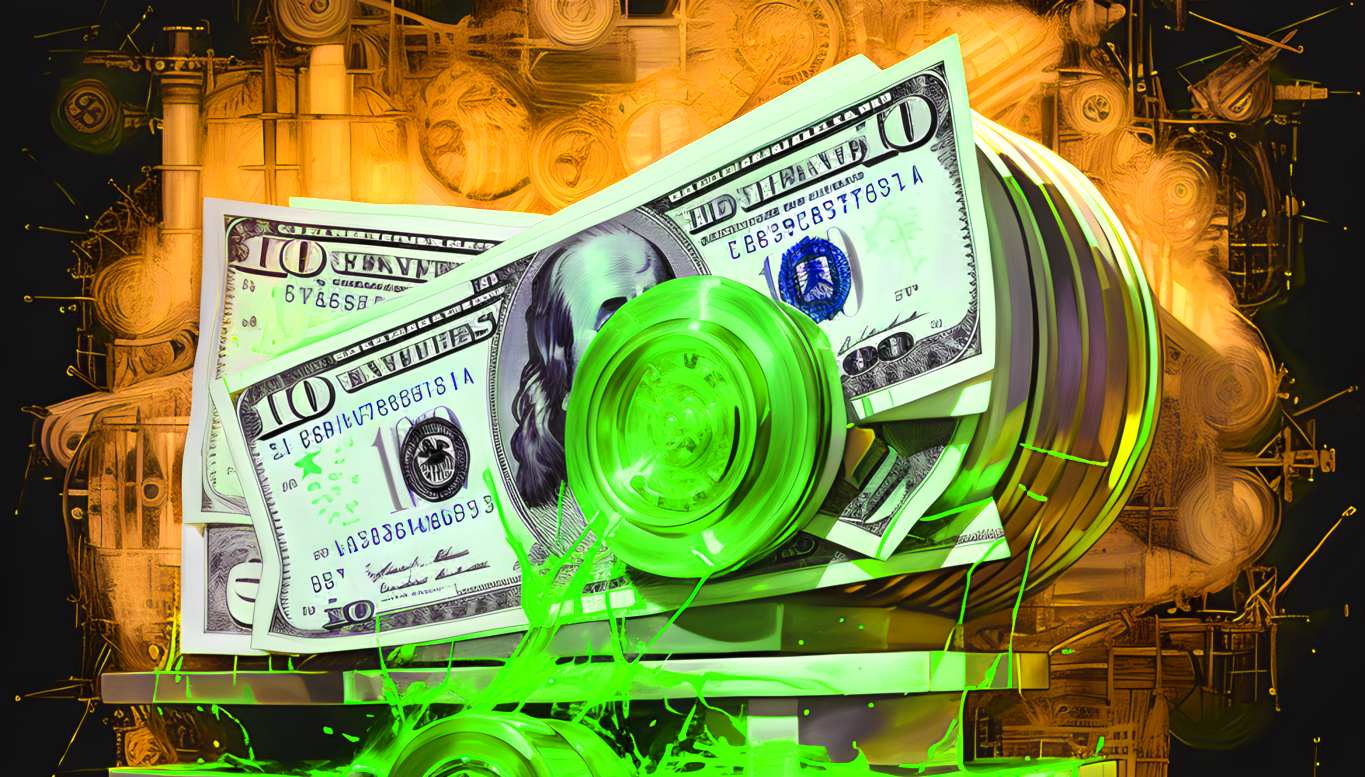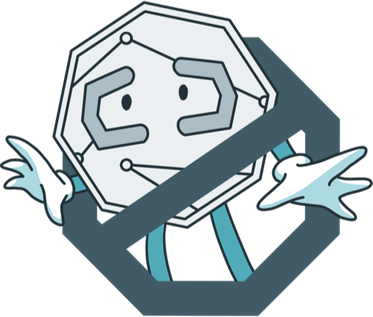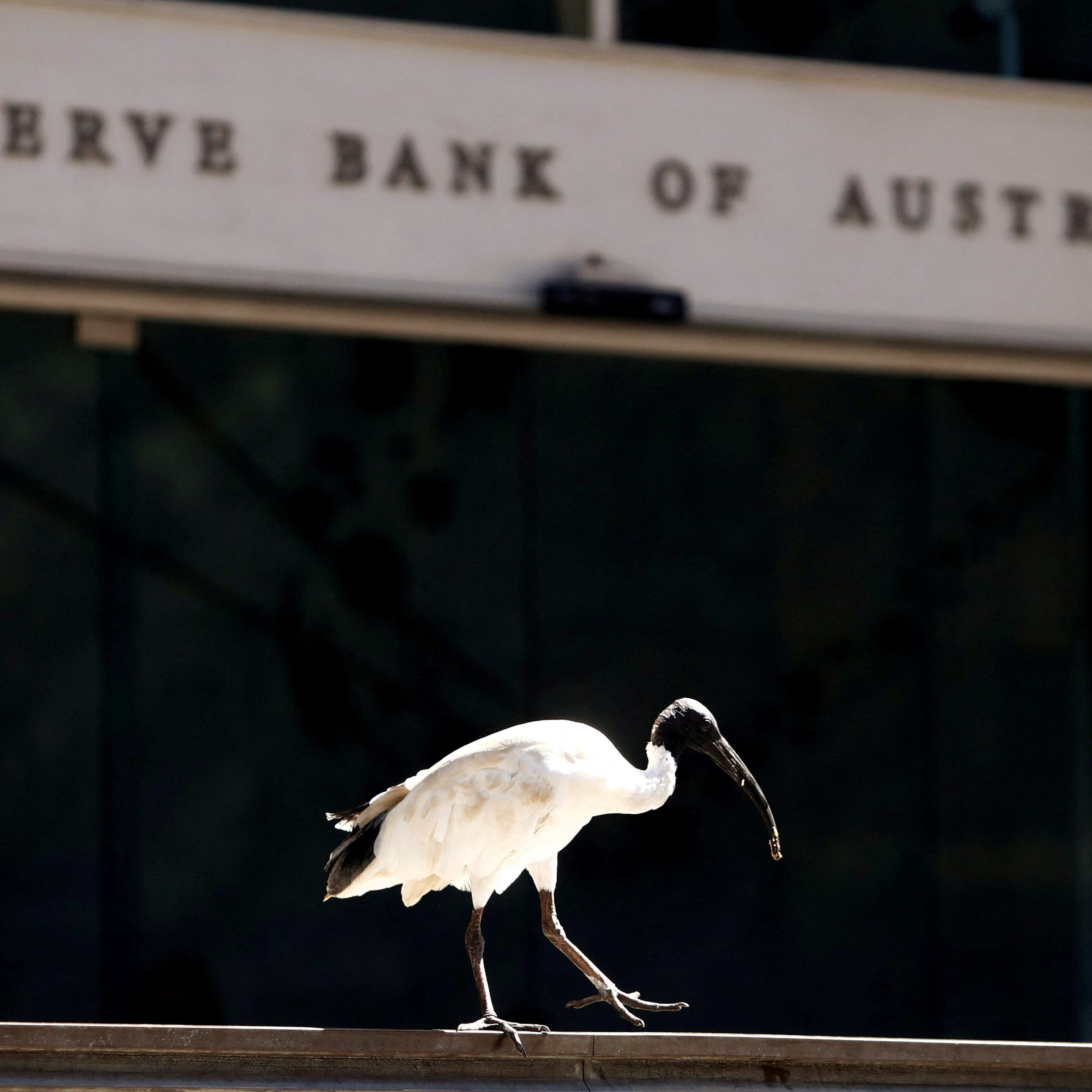Liberland, a self-declared micronation squeezed between Croatia and Serbia, has been pushing the limits of what it means to be a country in 2024.
While it’s a tiny strip of land, roughly 7 square kilometers, it has made a lot of noise for being the world’s first attempt at a crypto-powered country.
This so-called “free republic” claims to embody libertarian values with a heavy focus on cryptocurrencies, primarily Bitcoin, which makes up 99% of its reserves.
Liberland may talk a big game about governance, freedom, and blockchain voting, but the reality is far more complicated. Let’s break it down for you.
New leadership, new plans
So the micronation just held its first-ever congressional elections using an algorithmic blockchain-based voting system. The system was pitched as the future of democracy, a transparent way to make elections foolproof.
But elections don’t mean much without actual recognition, and right now, no country in the world acknowledges Liberland as an official state.
Yet, it isn’t giving up, and its leadership is set on proving this micronation can make it in a world that might never take it seriously.
Justin Sun, the founder of TRON, was just elected as the acting Prime Minister. He’s known for his previous diplomatic role as Grenada’s ambassador to the WTO.
Evan Luthra, an influencer, and Jillian Godsil, a journalist, were also elected to Congress. They joined three re-elected members Navid Saberin, Dorian Stern Vukotić, and Michal Ptáčník.
Sun’s vision for Liberland is minimal government interference, no taxes, and total reliance on blockchain. He’s got big ambitions for the micronation, which he compares to the Vatican but for the libertarian movement.
In theory, it sounds like the perfect libertarian dream.
The Bitcoin bet
Liberland’s economic model is unlike any other. It’s betting everything on crypto. Bitcoin holds 99% of its national reserves, which is great, but also very risky. Especially if it ever wants to be a real country.
Right now, the nation operates with around 1,000 registered citizens, but the actual population living there is much smaller. Most of the territory is a floodplain with hardly any infrastructure.
The government is drafting laws and trying to build basic services like healthcare, but the reliance on crypto and donations is far from a stable foundation in today’s world.
The micronation makes some money by selling passports, stamps, and issuing coins. The government turns everything it earns straight into Bitcoin, sticking to the decentralized dream.
But dreams don’t pay the bills, and Liberland still lacks essential services, infrastructure, and, more importantly, recognition.
Without international recognition, this Bitcoin experiment could quickly turn into an isolated failure, a big and perhaps unnecessary one.
The struggle for recognition
Liberland has been knocking on the doors of several nations, hoping for recognition. Croatia and Serbia haven’t given it the time of day.
The Croatian government even goes as far as arresting anyone who tries to settle the land. Serbia’s position is just as dismissive, with both countries seeing Liberland as little more than a publicity stunt.
But Argentina’s president, Javier Milei, known for his libertarian views, has shown public support for Liberland.
Liberland also looked to El Salvador, known for adopting Bitcoin as legal tender, and Somaliland, a country that itself lacks widespread recognition.
Despite these efforts, the micronation remains diplomatically isolated. Without formal recognition, Liberland is cut off from international organizations and treaties, keeping it on the fringe of global diplomacy.
If either Croatia or Serbia decided to take control of the land, Liberland could be wiped off the map in an instant.
Geopolitics in the Balkans has never been simple, and any moves by Liberland that provoke Croatia or Serbia could lead to military or political retaliation.





